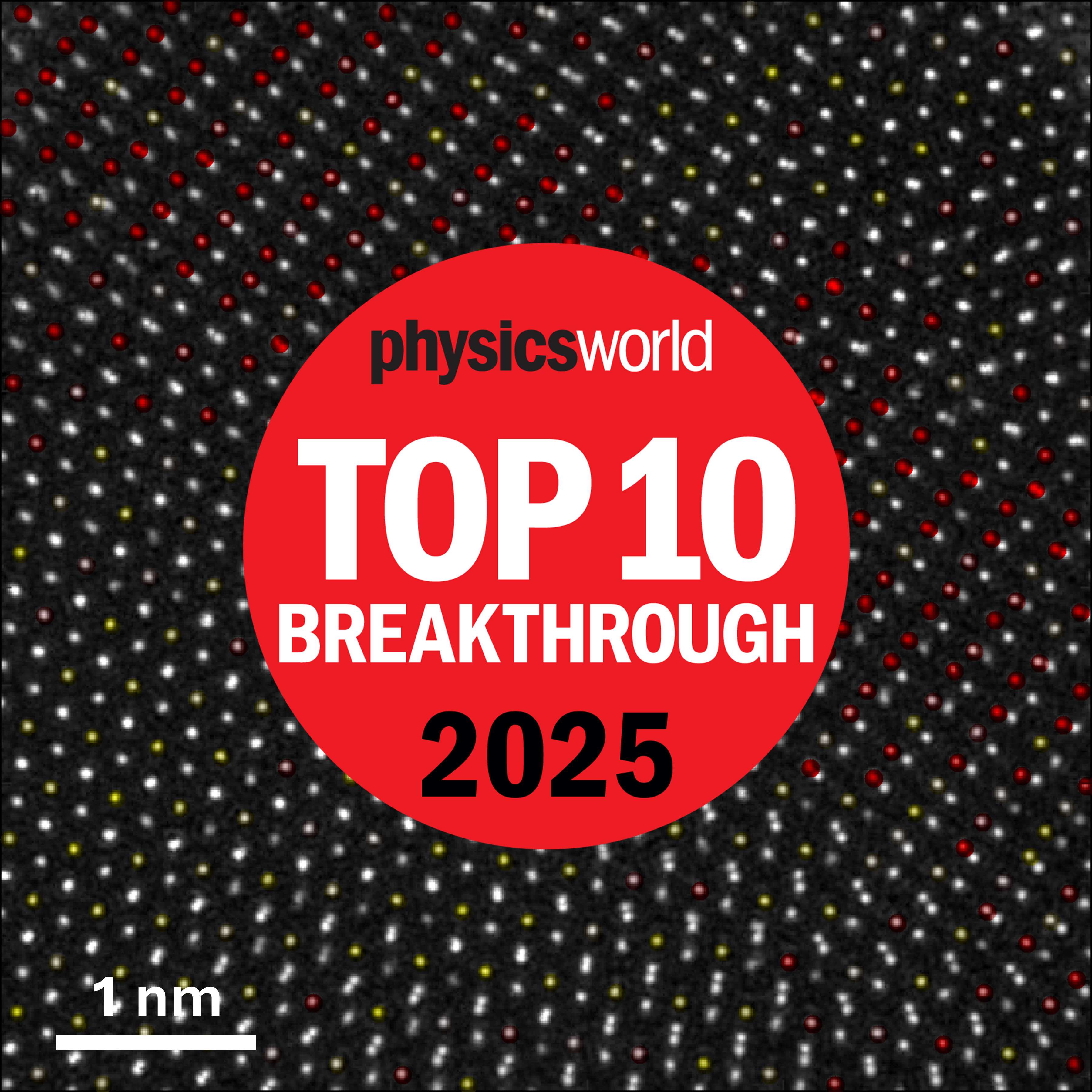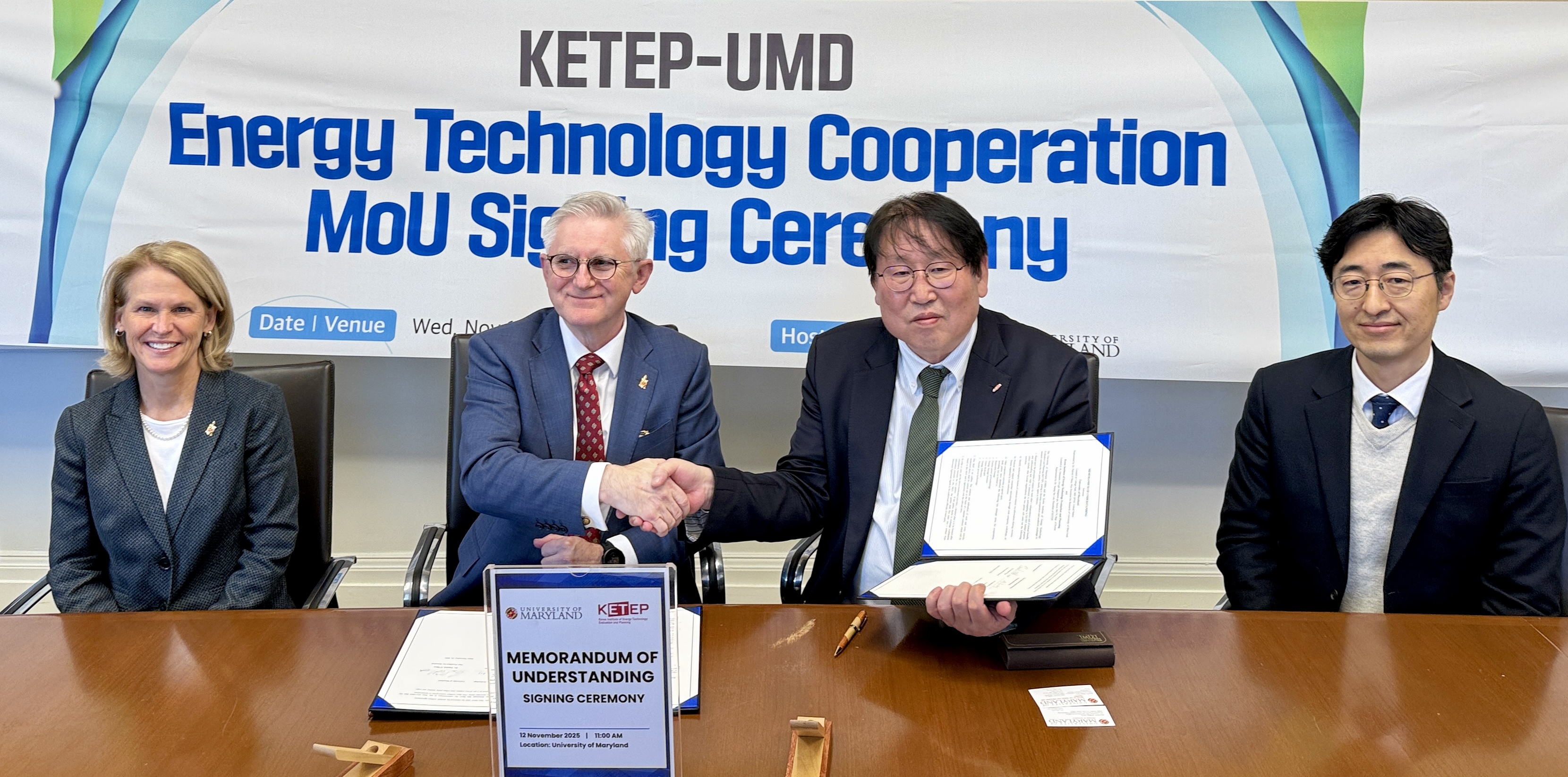News Story
Exploring the Future of Energy at the Woodrow Wilson International Center
Three University of Maryland Energy Research Center (UMERC) faculty, (Tim Gulden, Steve Hutcheson, and Greg Jackson) and Tony Janetos, director of the Joint Global Change Research Institute (JGCRI) led an open forum covering the future of energy at the Woodrow Wilson International Center for Scholars. UMERC was invited by the Wilson Center, whose Chairman Joseph Gildenhorn is a member of the Board of Trustees at UMD. This event was the inaugural gathering for the Wilson Center’s new Global Energy Initiative. The event was moderated by Kent Hughes of the Wilson Center, who also served as the event organizer.
Professor Jackson began the program with a very brief introduction to UMERC. Dr. Janetos followed this by discussing work at JGCRI principally on integrated assessment models which detail the links between energy demand and markets and climate change. Janetos indicated both the urgency and the forward challenges in stabilizing atmospheric CO2 concentrations in the coming century. Prof. Jackson then discussed the challenges for implementing hydrogen and fuel cells as a means for addressing some of the CO2 emissions challenges. He discussed both PEM fuel cells for automotive applications and solid oxide fuel cells for stationary applications as a facilitator for CO2 sequestration. Professor Hutcheson gave an overview of the state-of-the-art on biomass and in particular biofuel production for a sustainable transportation fuel supply and he presented his recent advances on using bacteria to identify optimal enzymes for converting biomass to ethanol. A bacterium isolated from the Chesapeake Bay with robust degradative properties has a led Prof. Hutcheson to commercialize the technology, starting a new company under the name of Zymetis. Dr. Timothy Gulden concluded the presentations by asserting the importance of nuclear power going forward. With a “hub and spoke” design, a few designated centers could build contained nuclear batteries and distribute them safely throughout the world, facilitating the fivefold increase in global energy supply required to meet the needs of the developing world. The day’s talks successfully melded the importance of global-scale climate and policy research with focused and specific solutions.
The question-and-answer period saw questions from the audience, a representative from the Department of Energy, the Chairman of the Board of the Wilson Center, former government leaders, and local professionals and press. Topics included the importance of end-use efficiency with today’s technology, urban planning, plug-in hybrids, water usage, global economic impacts, and displacement of food production in favor of biofuels. The lively discussion continued after the successful event. A webcast of the conference is available through the Wilson Center.
Published September 19, 2007








